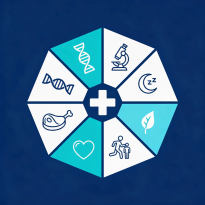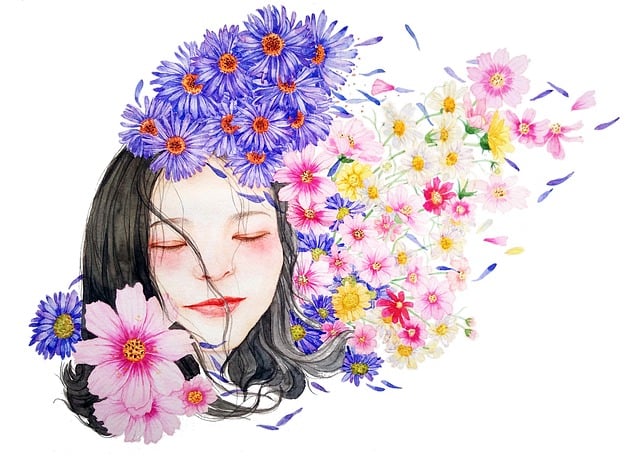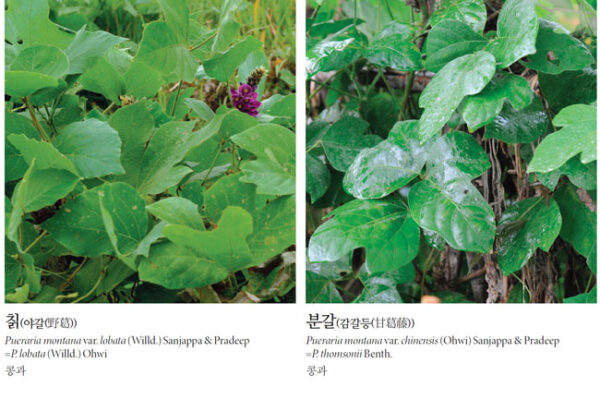Understanding Menopause Beyond Hormones
When discussing menopause, most people attribute its symptoms to hormonal changes. However, rather than being the root cause, hormones are often the result of deeper physiological changes. Traditional Chinese Medicine (TCM) provides a broader perspective on menopause by viewing it through the lens of the Five Elements (Wu Xing).
The Five Elements and the Body’s Metabolism
The Five Elements theory categorizes the body’s energy movements into five distinct phases: Wood, Fire, Earth, Metal, and Water. These elements correspond to different physiological processes and the five major organs in the body. The natural cycle of these elements follows a specific order:
- Wood (Spring): The beginning of life and growth, similar to seedlings sprouting.
- Fire (Summer): Rapid development and peak vitality, like plants flourishing under the sun.
- Earth (Late Summer): A period of stabilization and preparation for contraction.
- Metal (Autumn): The phase of harvesting, pruning unnecessary parts, and refining energy.
- Water (Winter): A time of conservation, storing vital energy for the next cycle.
The Life Cycle and Energy Transitions
Human growth follows a similar pattern, with each phase lasting approximately 8-12 years, influenced by individual conditions and environmental factors.
- Wood (Birth to Pre-Puberty): Rapid growth and expansion of life.
- Fire (Adolescence to Early 20s): The stage of secondary sexual development and independence.
- Earth (Late 20s to 30s): Peak physical condition, a time of stabilization.
- Metal (40s to Pre-Menopause): A time of fruition, focusing on what is essential.
- Water (Menopause and Beyond): The body prioritizes survival, eliminating unnecessary functions.
After the Water phase, a new cycle of Wood begins, signifying a fresh start.
Why Does Lethargy Occur During Menopause?
To smoothly transition into a new cycle, the body must have enough stored energy (Qi and blood). However, because the previous cycle has already completed, energy levels naturally decline. This makes initiating new activities more challenging. Menopausal lethargy is distinct from ordinary fatigue. It often manifests as an unexplained lack of motivation and energy. The decline in Wood and Water energy disrupts the body’s ability to start new activities, leaving individuals feeling persistently drained. This fatigue is not solely psychological; rather, it has a strong physiological foundation. Other common symptoms accompanying menopausal lethargy include:
- Difficulty concentrating and memory lapses
- Increased sensitivity to stress and anxiety
- Sleep disturbances and restlessness
- Muscle weakness and joint stiffness
How to Overcome Menopausal Lethargy?
Rather than resisting menopause, it is essential to understand and accept it. Since it is impossible to rewind the first life cycle (Wood-Fire-Earth-Metal-Water), menopause signifies the start of a second cycle—albeit on a smaller scale.
1. Adopt a Balanced Lifestyle
- Prioritize a nutrient-rich diet focusing on whole foods, lean proteins, and antioxidant-rich vegetables.
- Engage in regular low-impact exercises such as yoga, walking, or Tai Chi to boost circulation and maintain energy levels.
- Ensure adequate hydration to support metabolic functions.
2. Manage Stress and Mental Well-being
- Practice mindfulness, meditation, or deep breathing exercises to reduce anxiety and stress.
- Maintain social connections and engage in hobbies that bring joy and fulfillment.
- Establish a consistent sleep routine to improve rest quality and recovery.
3. Seek Medical or Alternative Therapies
- Consult a healthcare provider for hormone therapy or supplements if necessary.
- Explore acupuncture or herbal remedies used in Traditional Chinese Medicine for energy restoration.
- Consider professional counseling or therapy if emotional challenges become overwhelming.
Conclusion
Menopause is a natural transition marking the beginning of a second life cycle. Instead of struggling against it, individuals should adjust their perspective and start anew, adapting to their body’s evolving energy levels with wisdom and acceptance. By making conscious lifestyle adjustments, managing stress, and seeking appropriate support, one can navigate this phase with resilience and vitality.
For the original Korean text, visit here. If you’re curious about the basics of traditional Korean medicine and health, read the following article:
What Your Sleeping Position Says About Your Health
Learn Why Studying JangSang Medicine is Important.
Frequently Asked but Silly Questions (Foods Good for the Liver??) Why Full, Thick Hair Is Considered Beautiful: The Fascinating Reasons Behind It (Hair Loss Story #1)


